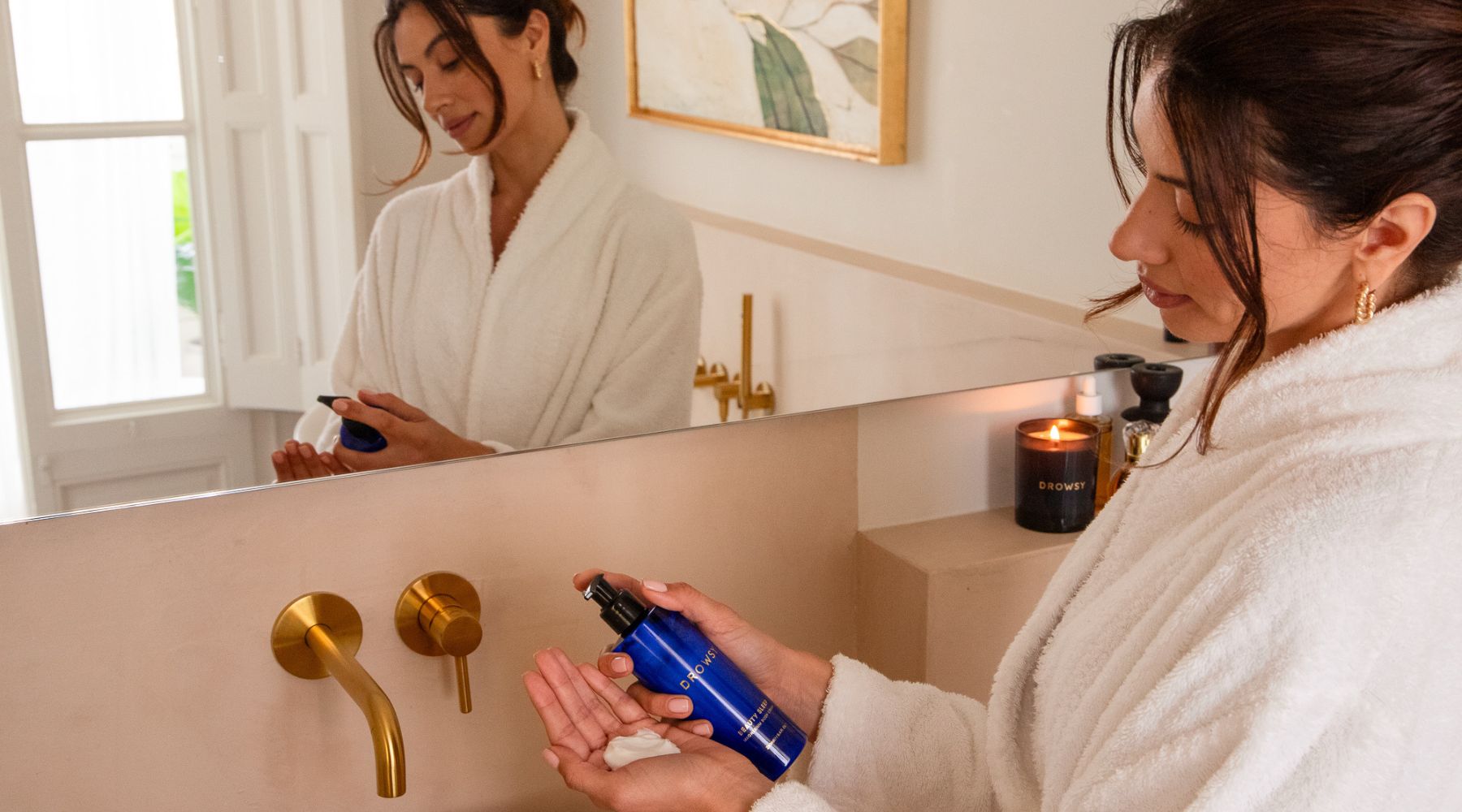Effective strategies to hack your sleep for better rest
You've heard it all before—no screens before bed, keep your room dark, drink less coffee. And yet, here you are, wide awake at 1:42 a.m., scrolling articles like this one. So, let's skip the basics and talk about what actually works when you've already tried everything.
1. Stop forcing sleep
Trying to force sleep is like trying to sneeze on command; it just doesn't work. The more you focus on falling asleep, the harder it gets. That tension keeps your brain alert, not relaxed. So stop chasing sleep. If you're lying in bed wide-eyed, get up and do something quiet and boring like folding laundry, organising a drawer, or reading a dull manual. This helps reset your body's internal clock and removes the pressure that can lead to sleepless nights.

2. Rethink your alarm
Waking up to a loud alarm shocks your body. It makes you feel stressed right away and sets the tone for grogginess for the rest of the day. A sunrise alarm clock (or even opening your blinds just a bit) can gradually wake you without panicking. It's a small change, but over time, this supports your natural sleep patterns and makes it easier to get better quality sleep night after night.
3. Cool down your core
You've probably heard to keep your room cool. But here's the twist: cool yourself, not just the space. A warm shower an hour before bed does just that. It raises your body temperature briefly, so your internal thermostat kicks in and drops it afterwards, exactly what your body needs for a good night's sleep. This trick improves deep sleep more reliably than most sleep aids.
4. Give your brain something dumb to do
Do you have trouble falling asleep due to overthinking? Don't try to clear your mind. Instead, give it something to focus on that's so simple it becomes background noise. Count backwards from 300 by threes. Name a vegetable for each letter of the alphabet. Mentally walk through your childhood home. You're not trying to finish the task. You're trying to bore your brain into letting go.
5. Shift your self-talk
"I'm a bad sleeper." Say that enough times and your brain will believe it. Sleep isn't just physical; it's psychological. If your identity is wrapped up in being sleep-deprived, your brain will play along. Try this instead: "I'm learning to rest better." It may sound minor, but reframing the way you think about sleep can reduce stress and help you build confidence in achieving better sleep quality.
6. Embrace the placebo effect
Ever heard of "sleep confidence"? It's a real thing. People who believe they slept well function better the next day, even if they didn't. Try this: When you wake up, tell yourself, "That was decent sleep." Avoid checking the time or analysing how long you were awake. The mind often exaggerates sleep deprivation, and your perception of rest shapes your reality.
7. Do less to sleep more
Hyper-fixating on sleep routines, gadgets, and supplements can backfire. Trying too many sleep hacks can make you obsess over rest. Instead of building a 12-step nighttime ritual, pick one thing that genuinely helps (like wearing a blackout sleep mask or dimming lights early) and let that be enough. Keep it simple. Good sleep isn't a performance.

8. Sleep in chunks (if you must)
Can't get a full eight hours of sleep? Don't stress. Some people naturally sleep in segments, especially during stressful times. If you wake up at 4 a.m. and can't fall back asleep, don't panic. Read, stretch, relax, and catch a nap later if needed. Your sleep doesn't need to be perfect to support your physical and mental health.
9. Time your exercise right
Working out boosts sleep, but timing matters. Aim to finish workouts at least 3 hours before bed. Evening exercise that's too intense can spike your energy and mess with REM sleep. Morning or early afternoon sessions are better aligned with your body's sleep cycle.
10. Use simple tools that actually help
If you still have trouble sleeping, it might be time to try some sleep tools. A weighted blanket can help calm your nervous system by mimicking a grounding sensation. A soft, light-blocking sleep mask (like the ones from Drowsy) tells your brain it's time to shut down. These tools can be especially helpful for people with chronic insomnia or those who struggle with inconsistent sleep cues. They don't knock you out, but they give your body what it needs to feel safe and ready to drift off.
Small changes, real rest
Better sleep doesn't always come from doing more. Sometimes, it's about doing less, stressing less, and trusting your body. Try a few of these ideas. See what sticks. And remember, even the best sleep hacks won't work every single night, but consistent sleep habits will make a real difference.






